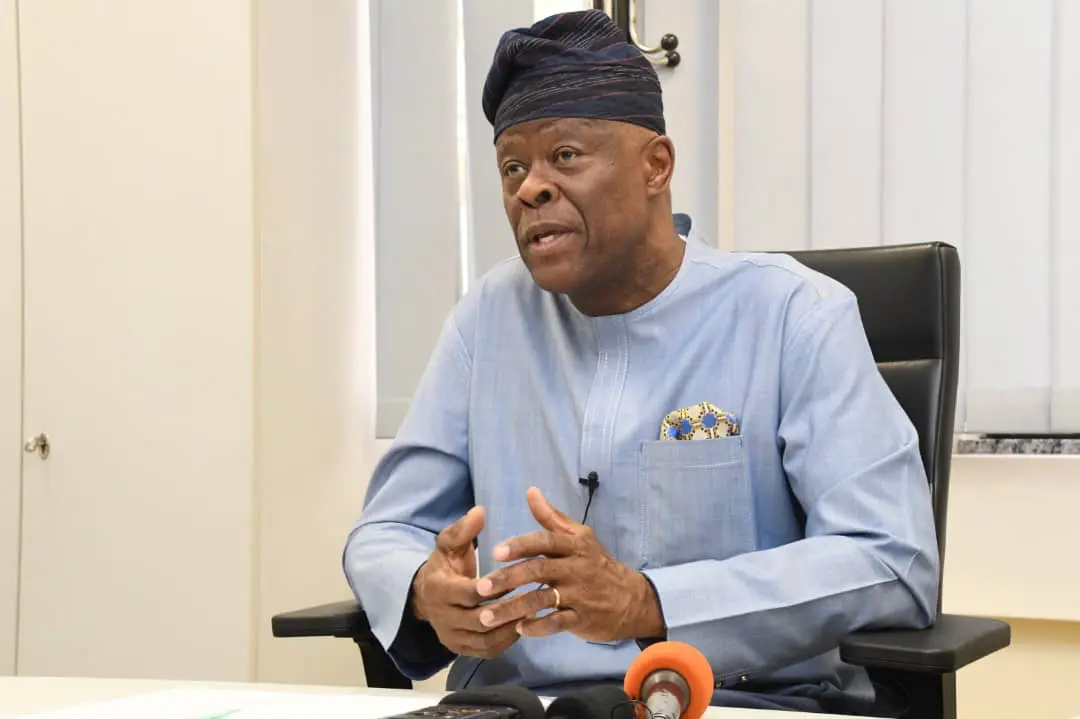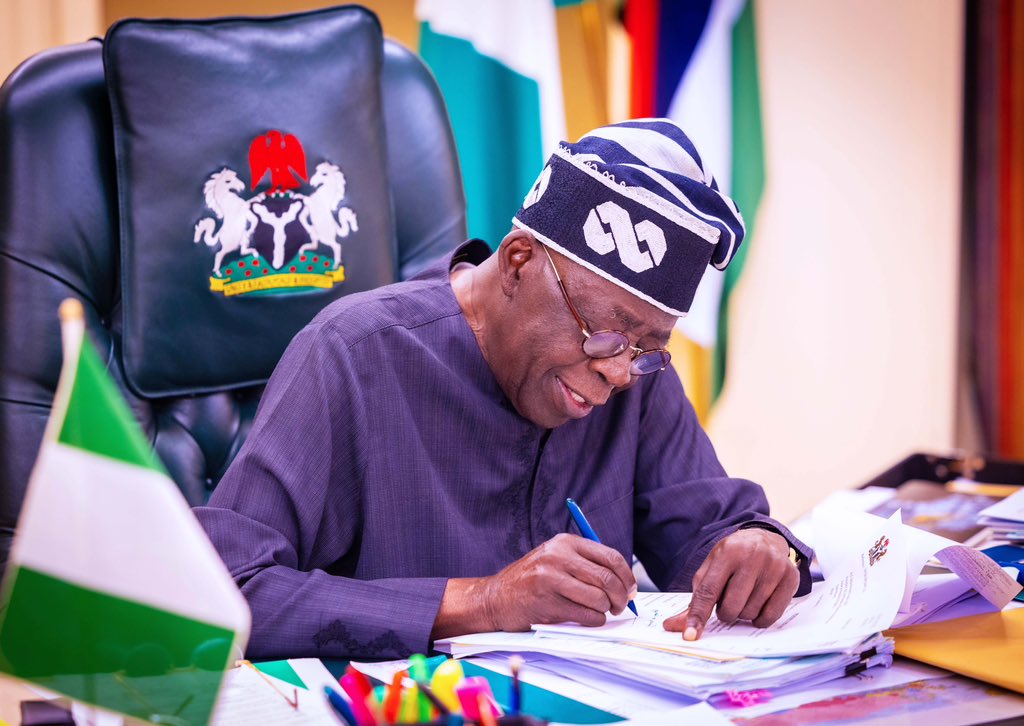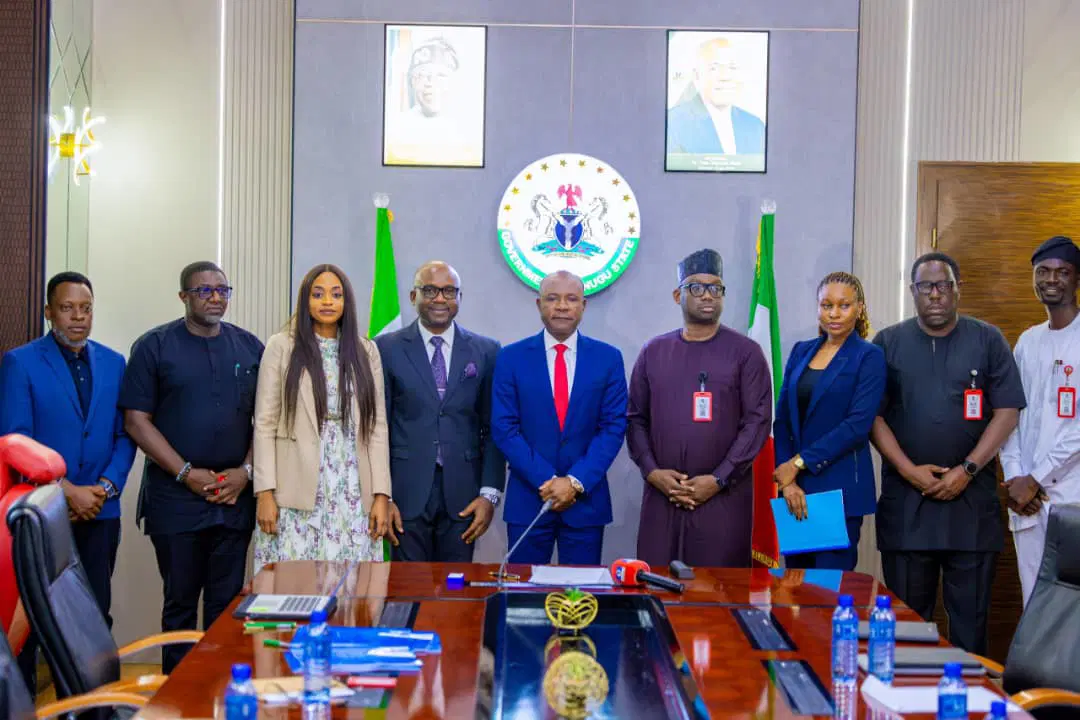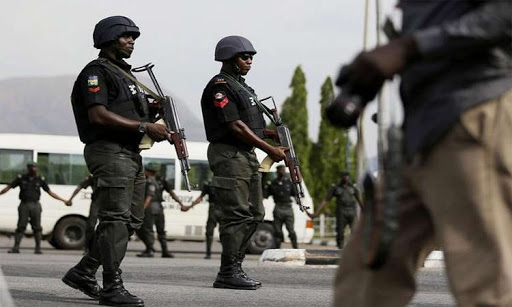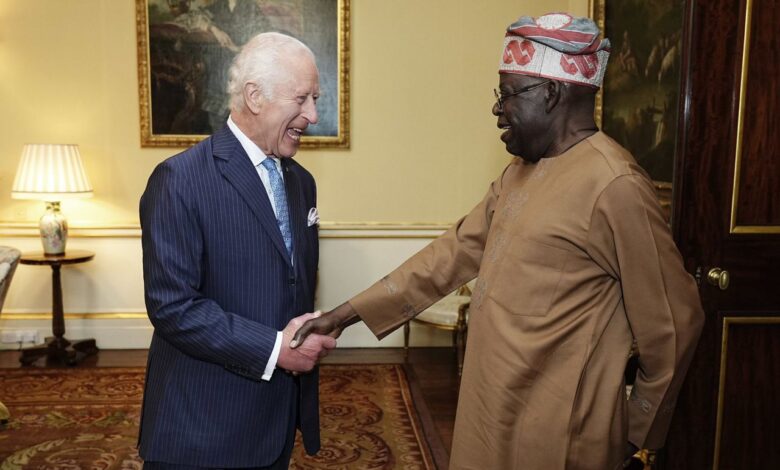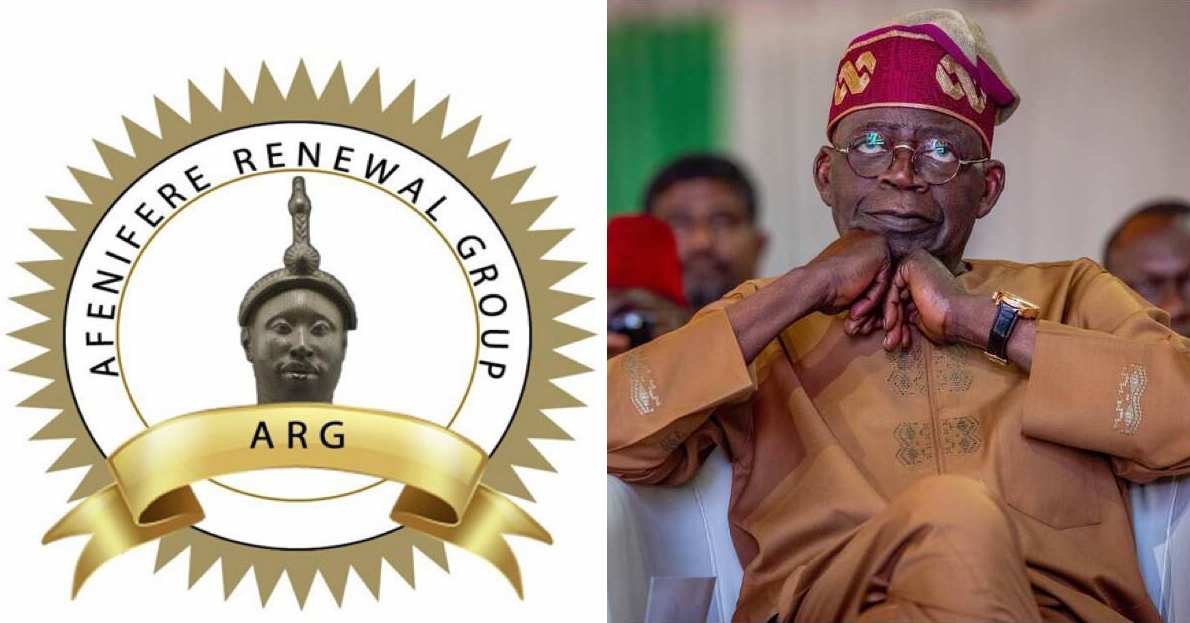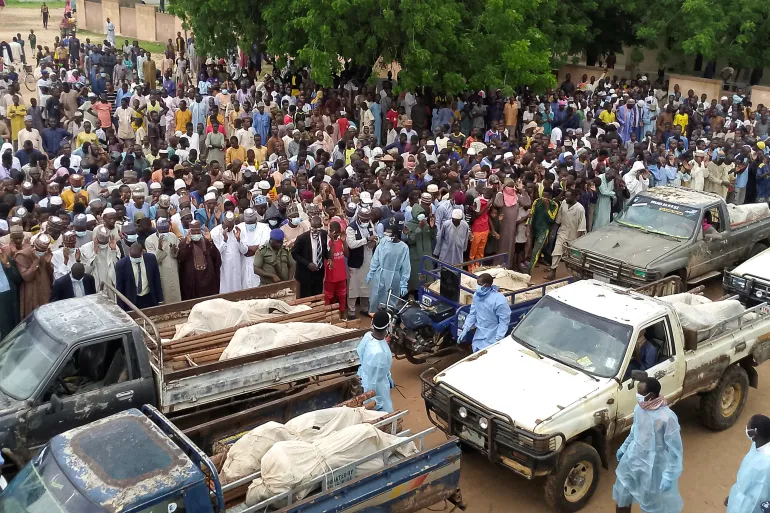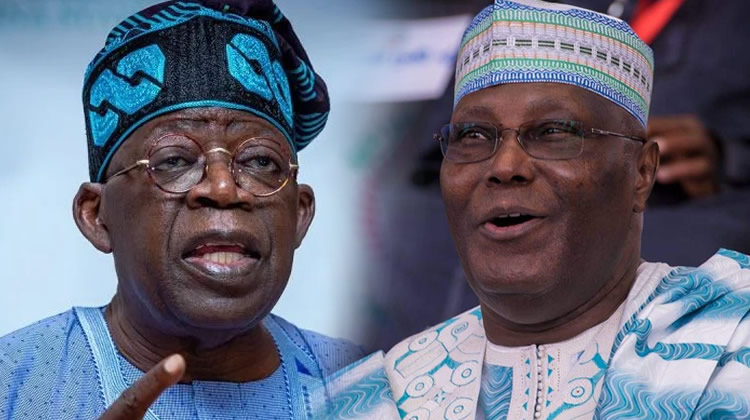The Federal Government’s 1.9 trillion naira seven-month expenditure on petrol subsidy has severe impact on the economy, especially on the country’s fiscal sustainability.
A member of the Central Bank of Nigeria-led Monetary Policy Committee. Festus Adenikinju said this at the last MPC Meeting in Abuja. Adenikinju said petrol subsidy has been a perennial problem of the Nigerian economy and has gotten to a level where it is a danger to the country’s fiscal sustainability. He said that between January and July 2022, Nigeria paid 1.9 trillion naira on subsidy that benefitted mainly the rich Nigerians, and the citizens and governments of neighbouring countries.
Another member of the Committee, Robert Asogwa, said that fiscal risk remains elevated on the back of worsening government debt scenario with poor fiscal revenues similar to the situation at the last two MPC meetings. According to him, the half year economic review for 2022 showed a significant rise in government expenditure and an underperformance in revenue generation which increased the size of deficits and total debt stock.




